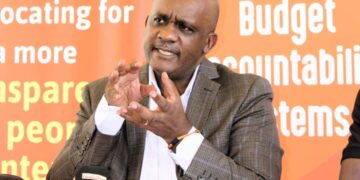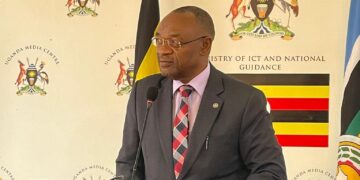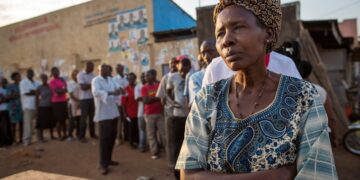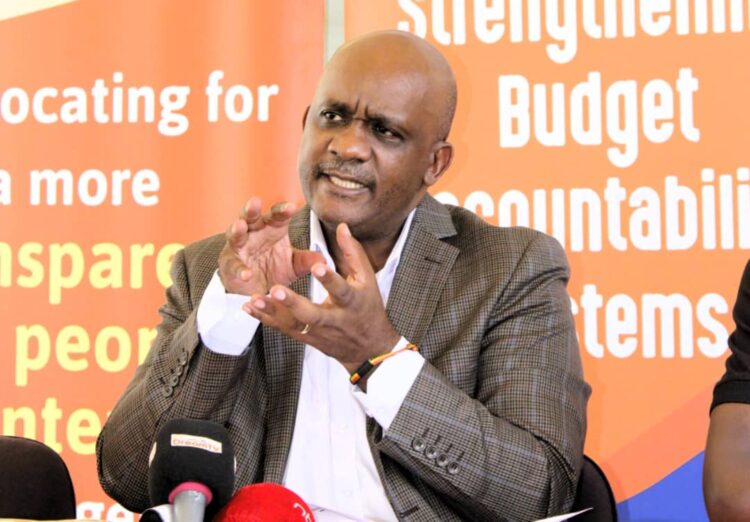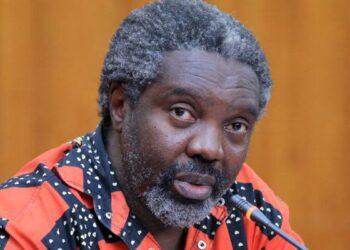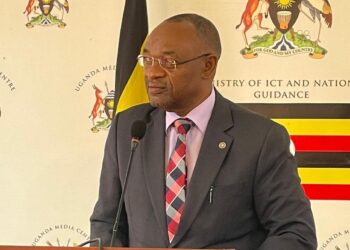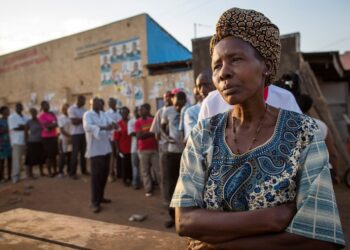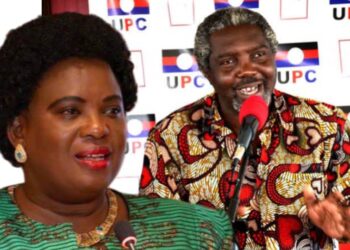By Leonard Kamugisha Akida,
KAMPALA
Civil Society Organizations (CSOs) have urged the government to stop investing large sums of money in high-risk ventures and capital-intensive projects that have delivered little value to the national economy. They argue that continued investment in such ventures has led to significant financial losses.
Julius Mukunda, the Executive Director of the Civil Society Budget Advocacy Group (CSBAG), criticized the government for lacking due diligence and failing to demonstrate clear value for money before making these investments.
An analysis by CSBAG based on the Auditor General’s report revealed that a total of Shs930.53 billion was invested in private companies without following proper procedures. Some of the key investments highlighted in the report include Shs723 billion allocated to Dei Pharmaceuticals, Shs207 billion spent on acquiring shares in Roko Construction, and other less productive projects such as Atiak Sugar Factory and Lubowa Hospital.

The government was urged to follow proper procedures when investing in capital-intensive projects and prioritize key sectors such as education, healthcare, and agriculture.
“This business of spending money on risky ventures should stop. There are no clear procedures or guidelines for these investments. While I support the idea of bailing out private companies, it cannot be done blindly. There should be clear guidelines and criteria to ensure that supported companies recover and pay back the government. In other countries, such bailouts are done strategically, ensuring public funds are not wasted. But here, money is given out without any guidance, and this is terribly wrong,” Mukunda said.
Mukunda made these remarks while addressing journalists at a press conference reviewing the Auditor General’s Report for the 2023/24 Financial Year, which ended on June 30, 2024.
Findings from OAG Report
The report, released on December 31, 2024, audited the financial statements of 176 Ministries, Departments, and Agencies (MDAs), 64 Public Corporations and State Enterprises, 179 Projects, 1,344 Local Governments, and 743 secondary schools and tertiary institutions to ensure transparency and accountability in the use of public funds.
CSBAG’s analysis focused on 13 key areas, including debt management, education, roads and infrastructure, the Parish Development Model (PDM), water and environment, risky ventures, revenue losses, and loss-making enterprises.
The Auditor General’s report further revealed colossal financial losses and inefficiencies in public corporations and state enterprises such as Kiira Motors, Uganda Airlines, Uganda Post, and Uganda Development Corporation. These entities incurred cumulative losses, leading to negative retained earnings of Shs1.8 trillion, with Uganda Airlines alone accounting for Shs1 trillion.
CSBAG’s analysis of the Auditor General’s report further indicated wasteful government spending within the national budget.
 “In the 2023/24 financial year, the government lost approximately Shs2.9 trillion, equivalent to 5.5% of the approved budget,” CSBAG reported.
“In the 2023/24 financial year, the government lost approximately Shs2.9 trillion, equivalent to 5.5% of the approved budget,” CSBAG reported.
According to the analysis, these losses were attributed to unused or underutilized assets and equipment, unreconciled transactions, overpayments, and unnecessary commitment fees.
CSBAG expressed concerns over increasing public funds going to waste and urged the government to redirect these resources toward sectors that directly benefit citizens.
“We must fix leakages in public spending. It should be very expensive for anyone who misuses public resources. Right now, penalties are too lenient—you go to prison for five years, get bailed out, and move on even if you have caused the government a billion-shilling loss,” Mukunda emphasized.
He called for strict enforcement of financial management guidelines and punishment for errant accounting officers to curb corruption and reduce the accumulation of domestic debt arrears.
“If we do not enforce discipline among accounting officers, these problems will continue happening. Why should the government pay for 2 kilometers of road when only 1 kilometer is completed, and no one is held accountable? It is crucial that we enforce discipline, reprimand errand accounting officers, but also reward the good ones who uphold proper public finance management principles,” he added.
